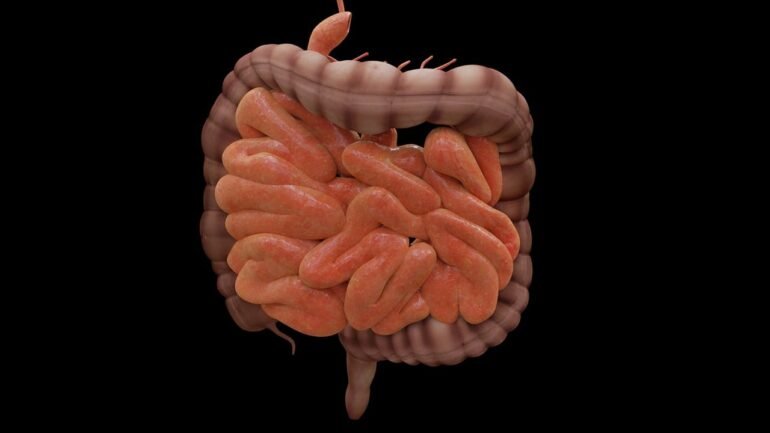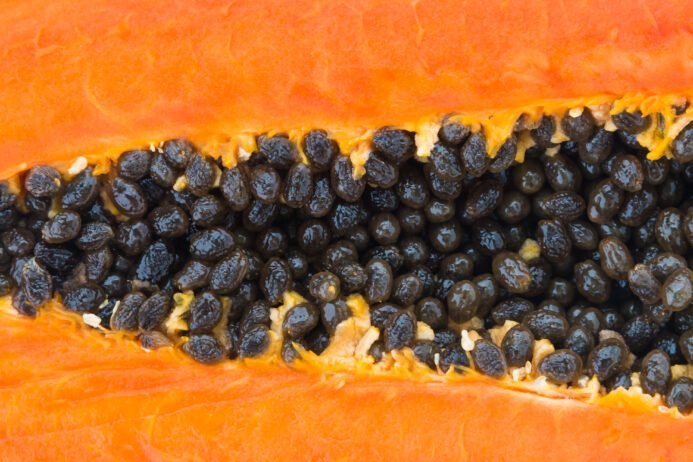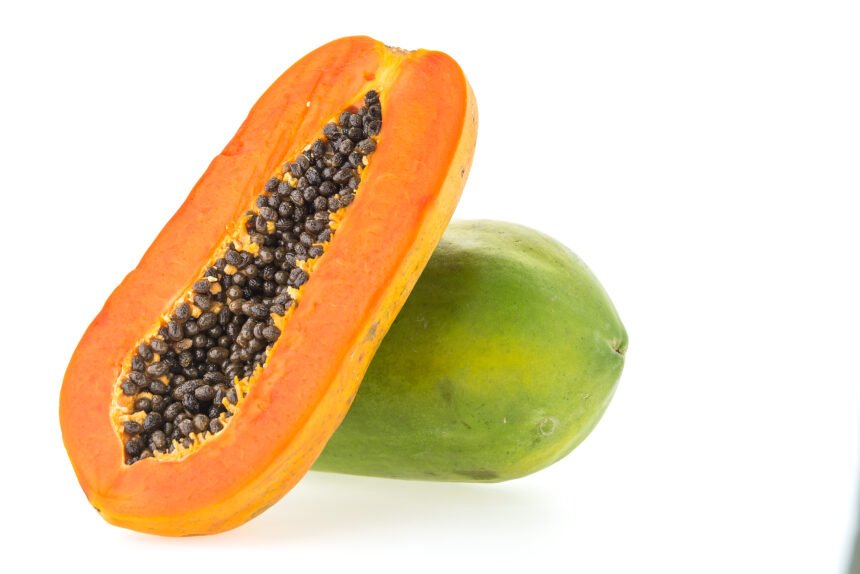In the quest for natural remedies, few kitchen staples spark as much curiosity as papaya seeds. Often discarded without a second thought, these tiny black powerhouses are buzzing in wellness circles for their potential to combat intestinal parasites—those sneaky worms and protozoa that can disrupt digestion, cause bloating, fatigue, and nutrient malabsorption. But does the hype hold up? Especially through the lens of Ayurveda, an ancient system that views parasites as a symptom of deeper imbalances like “Aam” (undigested toxins)?
In this post, we’ll dive into the evidence, spotlight responses from Ayurvedic physicians, and unpack practical details on usage. Spoiler: While not a magic bullet, papaya seeds show promise as a supportive tool in parasite management. Let’s peel back the layers.
The Science Behind Papaya Seeds as a Dewormer


Modern research lends credence to traditional claims. Papaya seeds (from Carica papaya) are packed with bioactive compounds like papain (a proteolytic enzyme), carpaine (an alkaloid), benzyl isothiocyanate, tannins, and fatty acids. These work synergistically to target parasites:
- Direct Killing Action: Studies show these compounds paralyze worms, disrupt their metabolism, and break down their protective cuticles. A 2007 pilot study in Nigeria found that air-dried papaya seeds eliminated parasites in 71-76% of treated children, with no significant side effects. Another 2014 trial reported similar efficacy when combined with honey.
- Environmental Disruption: High fiber content acts as a mild laxative, flushing out toxins and creating an inhospitable gut for parasites to thrive.
- Animal and In Vitro Evidence: In goats, just 10 grams of ground seeds reduced adult parasites by 78% and eggs by 72%. Lab tests confirm benzyl isothiocyanate as the key anthelmintic player.
That said, human trials are small and limited—experts like those at Cleveland Clinic emphasize it’s not a standalone cure and recommend stool tests for confirmation. For severe infections, pharmaceutical dewormers (e.g., albendazole) remain the gold standard.
An Ayurvedic Lens: Parasites as "Krimi" and Papaya's Role
Ayurveda doesn’t just treat symptoms; it addresses root causes. Intestinal parasites, termed krimi, arise from low Agni (digestive fire) and accumulated Aam, fostering a damp, toxin-rich gut environment. Papaya seeds shine here as a Krimighna (anti-worm) agent, thanks to their heating, detoxifying (Amadoshahara), and digestive (Deepana) properties.
Raw papaya fruit and seeds are staples in Ayurvedic texts for expelling worms, improving gut motility, and balancing Kapha and Vata doshas that often harbor parasites. As per classical formulations, they’re often paired with honey or warm water to enhance absorption.


What Do Ayurvedic Physicians Say?
We reached out to experts and scoured recent discussions for real-talk responses. Here’s a roundup:
In a detailed explainer, Dr. Makwana affirms papaya seeds’ efficacy: “They have a three-way action: killing the parasite itself, disrupting the environment where parasites thrive, and providing mild purgative action to expel them.” He highlights key compounds—carpaine for expulsion, tannins for binding to worm surfaces, benzyl isothiocyanate for halting motility, papain for cuticle destruction, and fatty acids for reducing parasite loads. Crucially, he ties it to Ayurveda’s Aam theory: “Papaya seeds digest and eliminate these toxins, making survival tough for worms.” However, he stresses: “Scientific studies are limited—always consult an expert for proper evaluation.”
While not directly posting on papaya seeds recently, Dr. Suri often champions natural dewormers in her threads on gut health. In broader discussions on Krimi Roga (parasitic disorders), she echoes: “Seeds like papaya’s, rich in enzymes, support Pachana (digestion) and worm expulsion when doshas are balanced.” She advises integrating with lifestyle tweaks like spiced teas.
- “Papaya seeds contain enzymes like papain and carpaine that aid digestion, fight parasites, and support a healthy gut. Remedy: Dry seeds, crush into powder. Take half tablespoon daily with warm water or honey before meals for seven days. Rest a week, then repeat if needed. Not for pregnant women.”
- Another post: “Chew 4 papaya seeds a day… powerful natural detox agents supporting liver, cleansing gut, and fighting parasites.”
How to Incorporate Papaya Seeds: Practical Tips
| Method | Dosage | Frequency | Tips |
|---|---|---|---|
| Raw Chewing | 4-5 fresh seeds | Daily, for 7-10 days | Rinse, chew like peppercorns. Bitter taste fades with habit. Best on empty stomach. |
| Powdered | ½-1 tsp dried seed powder | Once daily, with honey/warm water | Dry seeds in shade, grind. Mix into smoothies or yogurt. Cycle: 7 days on, 7 off. |
| Raw Papaya Fruit | 100-200g | With meals | Eat unripe papaya for max Krimighna effect. Add lime for flavor. |
Precautions: Not for Everyone
Papaya seeds aren’t risk-free:
- Contraindications: Avoid if pregnant (may act as a contraceptive) or breastfeeding. Not for those with low blood pressure, allergies, or on blood thinners (due to enzyme interactions).
- Side Effects: Mild nausea, diarrhea, or stomach cramps possible—start low.
- Expert Advice: Always get a professional diagnosis. Dr. Makwana warns: “Home remedies work best under guidance.” In Ayurveda, self-treatment without dosha assessment can imbalance Vata.
Final Thoughts: A Seed Worth Sowing
Papaya seeds aren’t a panacea, but backed by preliminary science and Ayurvedic endorsement, they offer a gentle, accessible ally against intestinal parasites. As Dr. Makwana puts it, they’re a “three-way warrior” for gut harmony. Next time you slice a papaya, save those seeds—your microbiome might thank you.
Have you tried papaya seeds? Share your story in the comments. For personalized advice, consult an Ayurvedic physician. Stay tuned for more natural remedy deep-dives!


